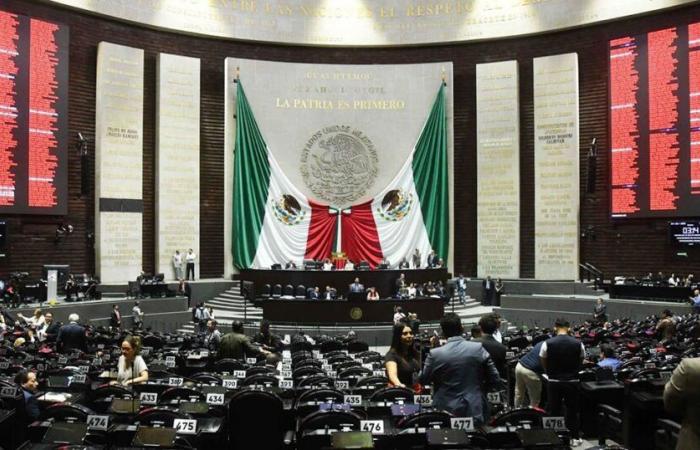Before the soup treacherous treatments, Federal Deputies of Morena They presented a proposal to regulate regenerative medicine and define it as the set of medical interventions that restore the function of tissues or organs through the Use of cells and their derivativesTejidos engineering, gene therapies and livelihoods.
The deputies Fernando Jorge Castro Trenti and Pedro Mario Zenteno Santaella, They pointed out that regenerative medicine is a discipline that offers advanced therapies based on cell and tissue regeneration through the use of trunk cells, particular Phases of clinical studies ”.
With this proposal, updated technical definitions are incorporated on mesenchymal progenitor cells and their therapeutic potential to regulate its use through scientific criteria, establish control and evaluation of establishments, promote specialized professional training, as well as prevent unauthorized use of cellular therapies without ethical or scientific backup.
He adds that for the purposes of this law, those that can be transformed into all types of blood cells, such as white blood cells, red blood cells and platelets and which are found in peripheral blood and bone marrow, are understood as progenitor cells or truncal cells.
It also defines the progenitor cells or non -hematopoietic mesenchymal trunks such as those obtained from adipose tissue, placental tissue, dental pulp, umbilical cord and any other of the mesoderm of the connective tissue.
In this sense, it establishes that Health establishments or non -hematopoietic mesenchymal trunk cell banks must sign agreements with establishments specialized in the cultivation, expansion, differentiation and research of progenitor cells or non -hematopoietic mesenchymal trunks, with health authorization issued by the competent health authorities.
In addition, they must comply with the official Mexican standards and applicable provisions, when the establishment does not have its own, to guarantee the timely availability of said cells.
The arrangement of hematopoietic and/or non -hematopoietic trunk cells will be in charge of regenerative medicine establishments, which will be responsible for the safety of the transplant when carried out for research or therapeutic purposes.
This procedure will be under the indication and responsibility of the attending physician, who must have a professional card in longevity, in addition to being certified by an institution accredited by the Ministry of Public Education and the General Directorate of Professions, related to medical science and duly recognized by the laws in the field.
“The transplant must be carried out under an informed consent that gives certainty, security and respect for the human rights of patients,” he adds.
The document, turned to the Health Commission, considers that regenerative medicine represents one of the areas with the greatest projection in contemporary clinical practice by focusing on the restoration of cellular, tissue and organic functions through the use of advanced biotechnological therapies.
He says that Mexico faces a public health crisis derived from the high prevalence of chronic noncommunicable diseases (ECNT), such as type 2 diabetes mellitus, hypertension, obesity and neurodegenerative diseases, which represent more than 77 by hundreds of causes of mortality in the country, according to INEGI data (2023).






